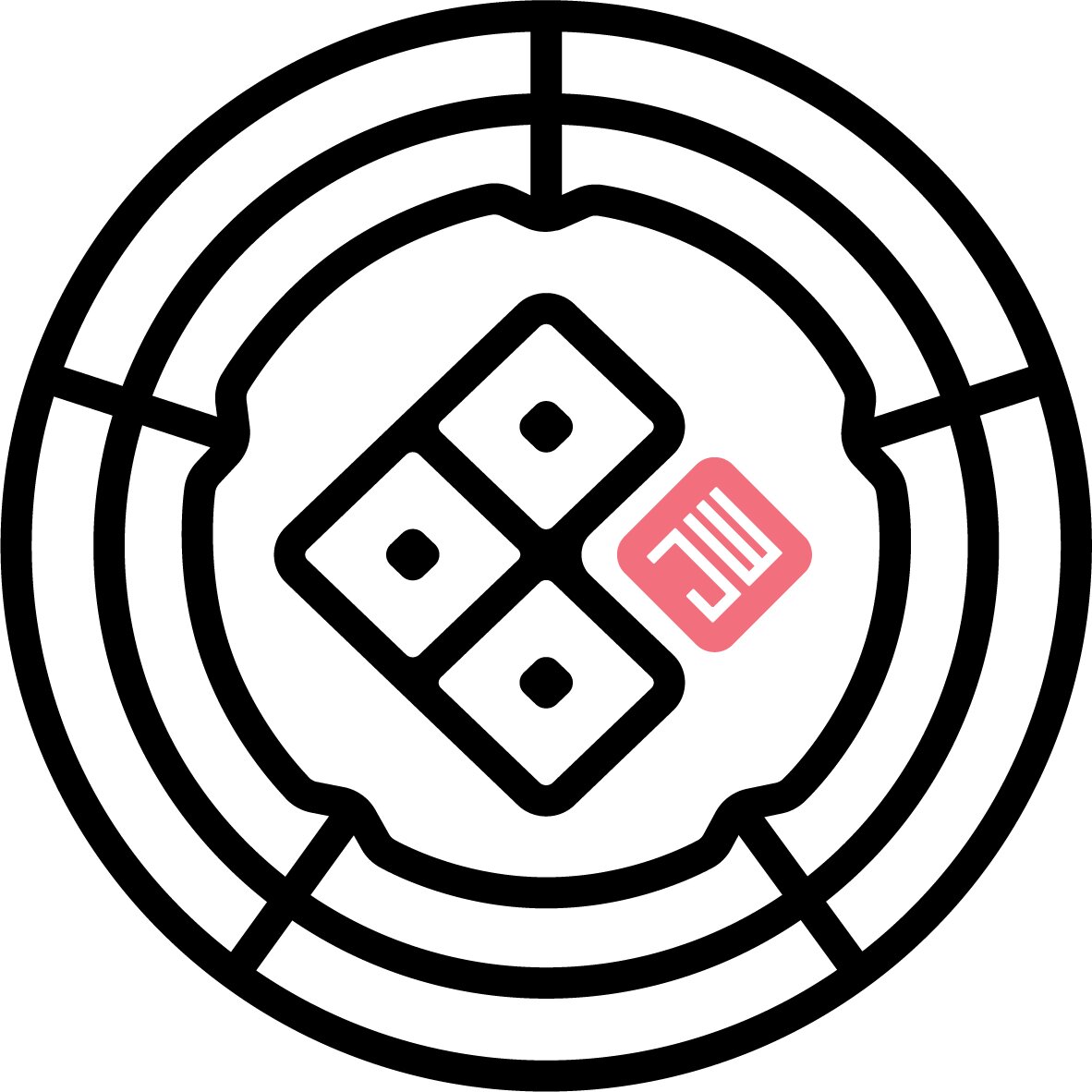Is YTT my path?
At some point in your practice journey, teacher training might start to sound like a lot of fun. You love practicing, you love your yoga community, you love the thought of teaching yoga all day every day and getting paid to do it.
Yes?
Many studios offer 200 hour certification programs and if you can’t get there in person, online programs multiplied during the global lockdown. If you want it, you can buy it, because in the west, yoga teacher certification is available for purchase.
But is that what becoming a yoga teacher is about?
From where I stand, teaching is a privilege, teaching is joyful, and teaching is a terribly challenging responsibility.
AND ASLO, practicing is a privilege, practicing is joyful, and practicing can be terribly challenging sometimes.
So what might tip the balance toward practice or teaching paths? Below, I’m unpacking the two BIG questions to reflect on before you decide to step into training:
Am I ready to start training?
What’s the right training for me?
Before we unpack this, please note that I am not here to uphold the status quo of the western yoga industry. I’m here to make good trouble. What you’ll read below intentionally centers yoga as cultural practice and celebrates contemporary South Asian, BIPOC, and LGBTQIA+ leadership.
Here we go.
Am I ready to start training?
Based on what you see online, on magazine covers, or even in most studios, you might think that you have to have a certain body type, or look a certain way to be a yoga teacher. You might think that being “ready” to step into teaching means that you have achieved a certain appearance, or a set of “advanced” yoga postures.
Let’s put all that to rest here. Body metrics as readiness is nonsense, and has nothing to do with whether you are ready to step into TEACHING.
Teaching yoga is a transmission. It has to be IN you for it to be effective when you transmit it to others, so let’s break it down a bit more and sit with some statements that focus on readiness to step into TEACHING.
A strong YES to all of them suggests that you’re more than ready for training, but a strong willingness to create the YESes (if they’re not your reality right here right now) is a good indication, too, that teaching might be your path:
My daily practice on my mat & meditation cushion is non-negotiable
The aims of my daily practice are enlightenment & social justice (alleviating individual & collective suffering)
I find ways to actively disrupt harmful cultural appropriation in the western yoga industry
It bears repeating: even if these aren’t all YESes in real time for you yet, if you accept that teaching yoga comes from practicing yoga, and that practicing yoga means all of it (not just the poses), then teaching might be for you.
If you’re drawn toward teaching but know that your own practice needs deepening before training, consider these:
Start practicing every day if you don’t already. That means both mat time and meditation. It does not mean power yoga every day + cross training. It means time on your yoga mat experiencing and honoring how your body shows up for practice day after day. It means starting the journey of getting real with your life patterns through meditation and self study.
Keep expanding your knowledge beyond the poses. Enroll in workshop series on the yoga sutras, pranayama, meditation, Ayurveda, or other areas of yogic study so that you enter training with a stronger foundation. And who knows? During your expansion you may find that study & practice is enough and that teaching may not be your path. Let it unfold. There is no rush. Your practice comes first, and lasts a lifetime, whether you teach or not.
Here’s a good trouble point that I want to sink in: you should be able to deepen your practice and study without being pressured to pay for teacher training. Real talk: most teacher trainings are driven by profit. Most will advertise that you can enroll simply to deepen your practice, but in reality, a GOOD teacher training will devote many hours to practice teaching (more on this below). I’m here to encourage TRUTH in what practitioners need and disrupt the YTT machine a bit in the process.
In fact, most people who enroll in YTT do NOT end up teaching, and we as teachers and studios need to shift what we offer. You as practitioners, and we as a community, need access to the deeper teachings of yoga. We need to decenter the poses and divorce ourselves from the cash cow of YTT.
Let’s normalize the idea that deep practice is a path for all of us, and reimagine programming that gives everyone access.
An important note: as you begin to search for workshops/series to deepen your practice, beware the big red flags of cultural appropriation: new age chakras, new age kundalini, detox methods stolen from indigenous practices around the globe. Workshops built on new age spirituality do harm to the people and cultures that they’ve been ripped from. In other words: commodifying “exotic” cultures sucks. Hard pass on these. The real stuff is out there. Seek it out, ask for it at your favorite studio.
Yes, I think I want to teach
If you’re ready to move on and you think that teacher training is your path, read on. Here we go, unpacking Question two.
What’s the right training for me?
I’m focusing specifically on 200 hour teaching certifications trainings here, but these considerations apply to 300 hour trainings, yoga Nidra trainings, mindfulness/meditation teacher trainings, Yin Yoga, Restorative Yoga, or any other fusion yoga + something teacher trainings. Good? Good.
TRUTH: not all trainings are equal, many are garbage, and the good ones are AMAZING and DEEPLY TRANSFORMATIONAL.
When trying to find the right training for you, consider these FOUR main areas: CONTENT, FORMAT, LEADERSHIP, & INVESTMENT
CONTENT
200 foundational teacher trainings should focus on building a strong foundation of practice that honors yoga’s roots, including:
Accountability for building and maintaining your personal practice
Practice includes ALL EIGHT LIMBS
Study of the Yoga Sutras (other texts might be added: Hatha Yoga Pradipka/Bhagavad Gita/the Vedas)
South Asian authors!
Celebrate contemporary BIPOC/LGBTQIA+ commentaries
Studying & integrating all eight limbs takes more than a few sessions!
Study of postures
Functional v. Aesthetic anatomy
Discussions of ableism v. accessibility
Discussions of yoga v. yoga fusion
Meditation
Meditation in 8 limbs v. Other approaches
Teaching yogic meditation
Subtle anatomy
Pranayama
Koshas
Practice Teaching
Build up to teaching a full length class
Teach a full length class multiple times
Feedback from mentors & practitioners
Multiple sessions on sequencing
Multiple discussions of leadership
Teaching as service, a business, a career
Honoring yoga’s roots v. cultural appropriation
Honoring your own cultural roots in your teaching
Social justice & decolonizing the yoga industry
Trauma healing: it’s happening in your class/session
Where will you teach?
What will you teach?
200 foundational teacher trainings need NOT include:
Yin yoga
Restorative yoga
Yoga Nidra
Ayurveda (including doshas)
Tantra (including chakras)
FORMAT
In-person is best, hybrid can work, virtual is a far third, self-paced videos are a hard pass
Skill-building in community is part of the process
Feedback in real time is absolutely essential
Normalize connecting rather than isolating (even if you tend towards introvert like I do)
Learning from others brings richness to your practice, your teaching, your life
Scheduling: One year best, 3 months is a far second, one month intensive is a hard pass
You will cover SO MUCH and need time to integrate it into your life - take a year to do that
3 months means every weekend, all day/night, plus homework - this is TOUGH if you have a job or a family
One month intensives: this type of programming favors profit over content
The only people who should consider enrolling are teachers with years of training, practice, and teaching already established - go as a refresher course & vacation
But really, teachers with integrity will not offer this as a 200 certification, so really it’s just a hard pass
Weeklong/Month long intensive course for continuing ed? YES - DO IT. It’ll be fun!
LEADERSHIP
Who’s leading? Remember: your commitment to disrupting harmful cultural appropriation in the western yoga industry is a prerequisite:
South Asian teachers *who have studied and practiced for a long time* will provide a far richer training than any other
Also true: just because someone is South Asian by descent does not mean that they are a master teacher
Experienced BIPOC/LGBTQIA+ teacher trainers deserve your attention
Make sure that the foundational texts they use are authored by South Asian practitioners
Supplementary material authored by BIPOC/LGBTQIA+ is welcome!
Choosing a non-white teacher trainer is one way to disrupt and decenter whiteness, and we need you to make that effort!
Teams of teachers are less likely to build a relationship with you - they’re there for each other, and for the paycheck
The fewer number of leaders the better: the breadth of material is vast - streamlining leader voices can be helpful for taking it all in
Get to know your teacher before enrolling!
Take their classes
Ask questions about training
Talk to people who have completed their training
TRUST YOUR GUT when it says that a teacher is good for you or not the right fit
INVESTMENT
If you are BIPOC/LGBTQIA+ ask if there are scholarships
If you’re an administrative wizard, ask if there is a work-trade scholarship
Set aside $$ for books
Ask if you can participate at a discount and skip the practice teaching if you are only interested in study (if they say no, that’s a pretty big red flag)
I hope these notes give you plenty to think about. Please schedule a free consultation if you have questions about anything you’ve read here.
And keep practicing :)
© Jennifer Winther 2023

